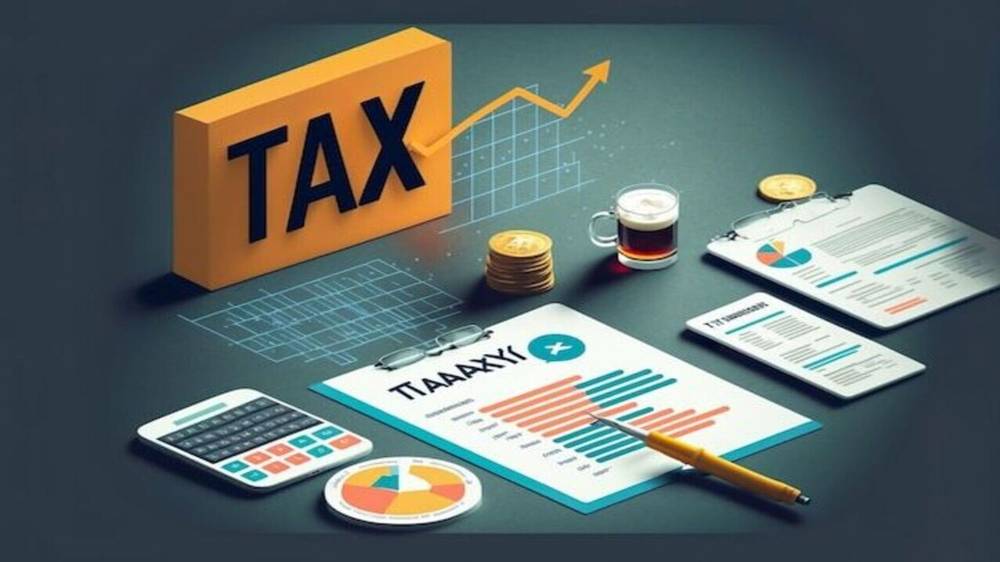Tax Automation Services in Egypt
Tax automation Services in Egypt: what does it mean, and why is it important?
![]() Tamer mohamednosair - • Tax services and everything related to taxes
Tamer mohamednosair - • Tax services and everything related to taxes

Definition of Tax Process Automation
CopyIt is the process of transforming all tax procedures—such as registration, filing returns, paying dues, and conducting financial audits—into automated electronic systems. This allows taxpayers to complete their transactions through digital platforms easily and quickly while ensuring accuracy and transparency.
Objectives of Tax System Automation
Copy- Simplify procedures for taxpayers: Enable individuals and businesses to file returns and pay taxes electronically without complicated paperwork or physical visits.
- Improve tax administration efficiency: Reduce the administrative burden on tax authorities and speed up data processing and review.
- Combat tax evasion: Automated systems make it easier to track commercial transactions and invoices, thereby increasing state tax revenue.
- Increase transparency: Limit human intervention, reducing errors and corruption while building trust between taxpayers and tax authorities.
- Support the digital economy: Facilitate e-commerce and integrate smoothly with electronic payment systems.
Importance of Tax Process Automation
Copy- For taxpayers: Saves time and effort, offers a secure and reliable way to manage obligations, and provides instant notifications to track compliance.
- For the government: Enhances the ability to collect accurate and comprehensive tax data, aiding in the formulation of economic policies based on reliable information.
- For the economy: Boosts state revenue and helps reduce the informal economy by enforcing discipline on financial transactions.
Challenges Facing Automation
CopyDespite its advantages, tax automation faces some challenges, such as the need to train and prepare taxpayers to use digital systems, as well as ensuring strong cybersecurity measures to protect data confidentiality.
Conclusion
CopyTax process automation is a cornerstone for building a modern and transparent financial system that supports economic development, balancing between simplifying taxpayer procedures and increasing government revenues. With ongoing improvements in digital infrastructure, automation will become an effective tool for achieving tax justice and stimulating economic growth.